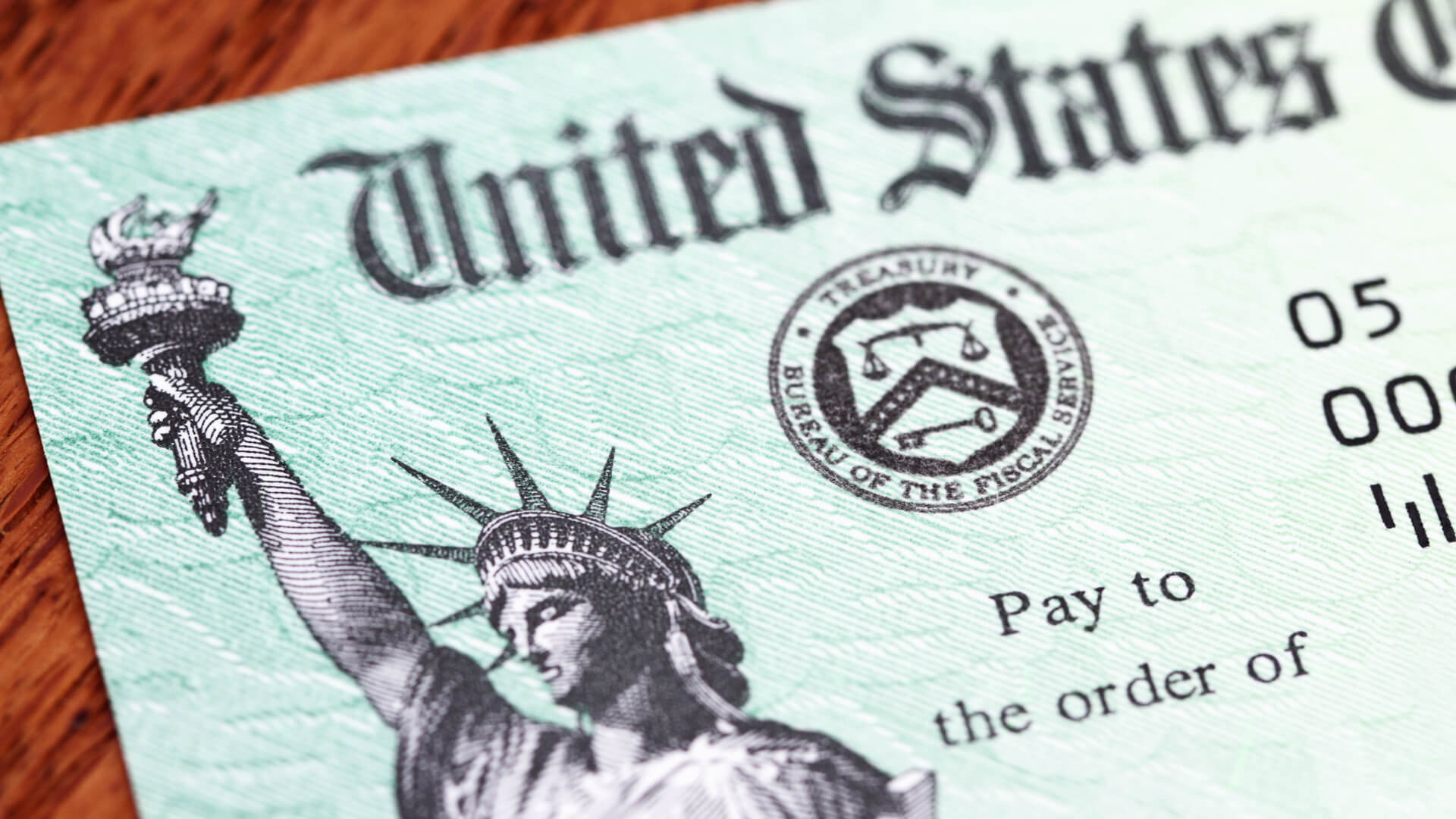

epiphany – what will they learn or how will they changeĮnd with a one-paragraph summary of the whole storyline for this character.conflict – what stops them from getting it.storyline – what part will they play in the plot.For each major character write a one page summary that includes: Now you need to turn your attentions to one of the most important part of the story – the characters. Eventually, you should tie-up most of the loose ends, but there's nothing like a few unresolved problems to get your readers demanding a sequel! In the end section (the third act), the story needs to go up a gear this is where it should reach a climax. But, make sure you have enough conflict and tension here or it can start to drag.

Use the middle (the second act) to develop your themes and reveal more about the main characters. Use the beginning (the first act) to lead your reader in, introducing the main characters, setting up the main conflict and confirming the time of the book. A popular way to structure novels is to have a three-act structure: Now you need to expand the sentence you've just created into a paragraph of about five sentences. Take care when writing this sentence as, when you come to write your book proposal for publishers or agents, this sentence will be a prominent feature – it'll act as the hook to sell you novel. So, the sentence could read something like this, "A retired tennis star becomes embroiled in a mafia hit plot after agreeing to coach the mob boss's daughter". Don't concern yourself with the names of the characters at this stage, just describe the character e.g. Start by writing a one-sentence summary of your novel. Planning helps prevent this from happening so, follow the tips given below and you'll not go far wrong. But, most writers agree that planning your novel is essential to prevent major plot and character mishaps. So, how do you get the ideas from your head onto paper and into some kind of useable format? Of course, there's no magical formula that fits every single writer – what works for one is another's nightmare. The problem is, for most people, writing a novel isn't that easy. We all have a novel in us, or so they say.


 0 kommentar(er)
0 kommentar(er)
